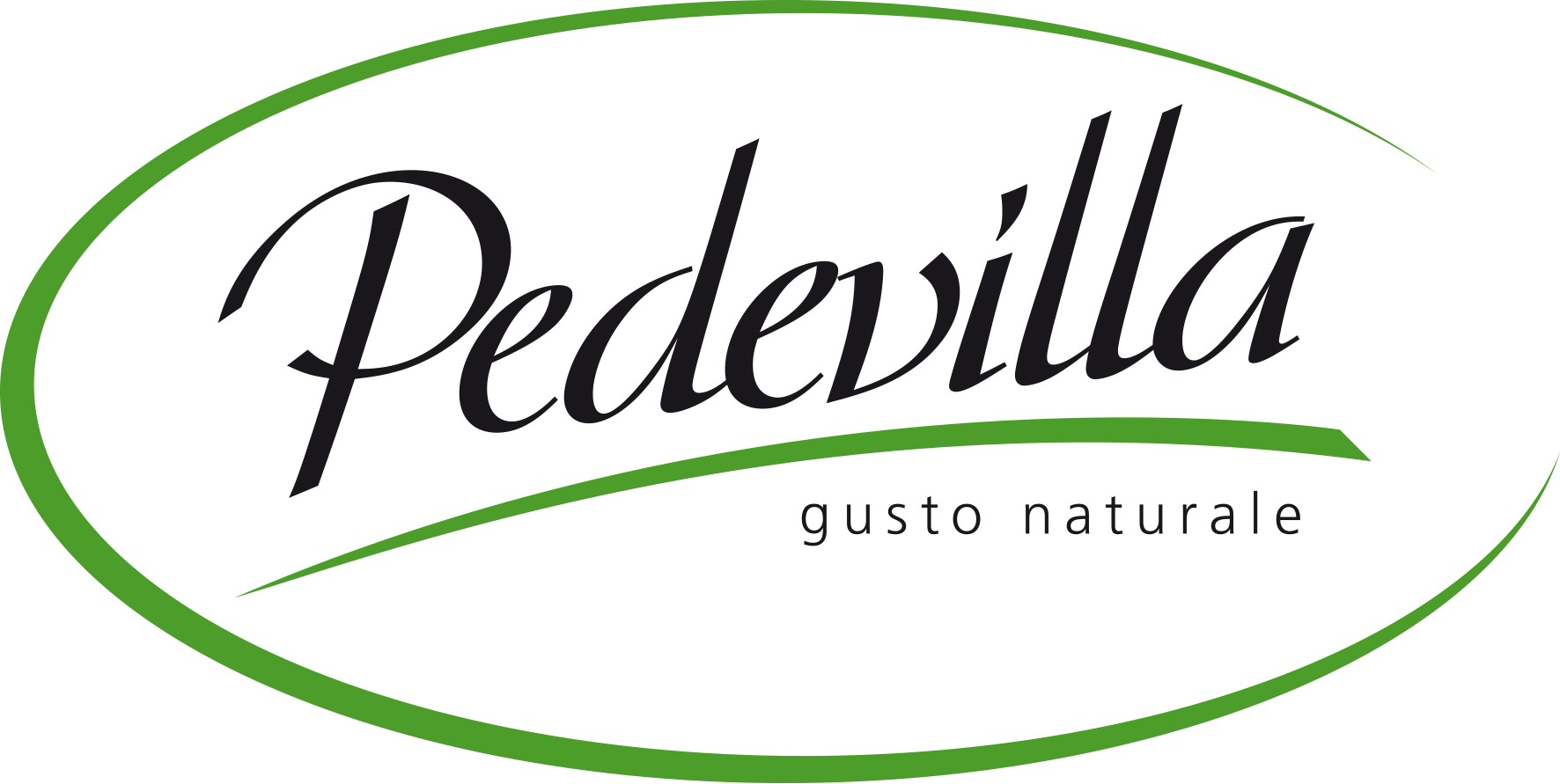

PEDEVILLA S.p.A. - Società Benefit

Lazio, Italy
August 2024
Event catering & related
Service with Significant Environmental Footprint
Italy
Pedevilla S.p.A. - Benefit Corporation is a family-owned company that has been dedicated to quality collective catering since 1973. Key aspects such as sourcing raw materials from selected suppliers, homemade processing, and innovation in services and spaces allow us to create truly personalized, value-driven partnerships. The goal is to position collective catering as a pillar of welfare and well-being services, an area in which more and more companies are investing to align with the new standards of the “human-centric economy.” Aware of the impact our business has on individuals, communities, and the planet, Pedevilla SpA became a Benefit Corporation in December 2021, the first in Italy’s collective catering sector to do so. We focus on delivering excellent, sustainable, and innovative collective catering by investing in personalized services that prioritize well-being and environmental care. Through dynamic partnerships grounded in these values, the company aims to benefit both communities and the planet, embodying a fair, inclusive, and regenerative business culture.
Overall B Impact Score
Governance 17.6
Governance evaluates a company's overall mission, engagement around its social/environmental impact, ethics, and transparency. This section also evaluates the ability of a company to protect their mission and formally consider stakeholders in decision making through their corporate structure (e.g. benefit corporation) or corporate governing documents.
What is this? A company with an Impact Business Model is intentionally designed to create a specific positive outcome for one of its stakeholders - such as workers, community, environment, or customers.
Workers 24.2
Workers evaluates a company’s contributions to its employees’ financial security, health & safety, wellness, career development, and engagement & satisfaction. In addition, this section recognizes business models designed to benefit workers, such as companies that are at least 40% owned by non-executive employees and those that have workforce development programs to support individuals with barriers to employment.
Community 21.1
Community evaluates a company’s engagement with and impact on the communities in which it operates, hires from, and sources from. Topics include diversity, equity & inclusion, economic impact, civic engagement, charitable giving, and supply chain management. In addition, this section recognizes business models that are designed to address specific community-oriented problems, such as poverty alleviation through fair trade sourcing or distribution via microenterprises, producer cooperative models, locally focused economic development, and formal charitable giving commitments.
Environment 26.3
Environment evaluates a company’s overall environmental management practices as well as its impact on the air, climate, water, land, and biodiversity. This includes the direct impact of a company’s operations and, when applicable its supply chain and distribution channels. This section also recognizes companies with environmentally innovative production processes and those that sell products or services that have a positive environmental impact. Some examples might include products and services that create renewable energy, reduce consumption or waste, conserve land or wildlife, provide less toxic alternatives to the market, or educate people about environmental problems.
Customers 4.2
Customers evaluates a company’s stewardship of its customers through the quality of its products and services, ethical marketing, data privacy and security, and feedback channels. In addition, this section recognizes products or services that are designed to address a particular social problem for or through its customers, such as health or educational products, arts & media products, serving underserved customers/clients, and services that improve the social impact of other businesses or organizations.